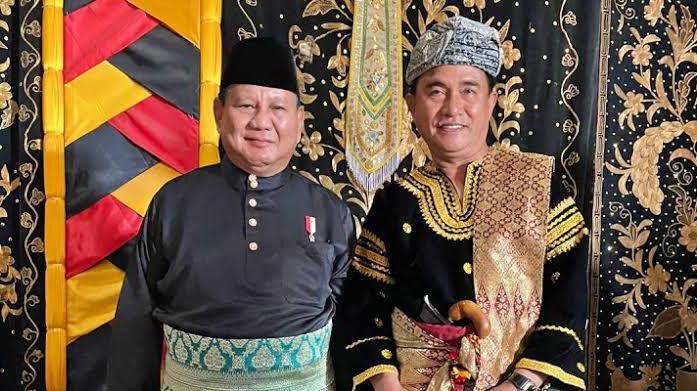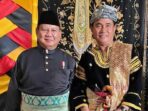Indonesia’s 80th Independence Day not only marks a ceremonial milestone but also serves as a reminder of the nation’s core ideals. True independence goes beyond freedom from colonial rule; it also encompasses freedom from hunger, ignorance, and underdevelopment. In line with this ethos, the Free Nutritious Meals (MBG) program was introduced, symbolizing a concrete step towards independence in the realm of nutrition. More than just a food assistance initiative, MBG is an investment in Indonesia’s future, especially in the well-being and potential of its children.
Noudhy Valdryno, also known as Ryno, Deputy for Dissemination and Media Information, highlighted the significance of the MBG program. Through MBG, millions of schoolchildren, pregnant women, breastfeeding mothers, and toddlers throughout Indonesia now receive nutritious meals daily. The program not only enhances children’s concentration and academic performance but also supports their physical growth and brain development. With a long-term vision of nurturing an exceptional generation to realize Indonesia Emas 2045, MBG is heralded as one of the most effective long-term investments that Indonesians can make, garnering recognition from international organizations like the School Meals Coalition.
Currently benefiting eight million individuals, including students from early childhood education centers to high schools, pregnant women, and toddlers in the national Posyandu community health program, MBG has already shown tangible benefits. Experts like Ikeu Tanziha from the National Nutrition Council noted improvements in Body Mass Index (BMI) among children and adolescents in various regions after implementing the program. Furthermore, MBG has had a positive impact on classroom concentration and learning outcomes, as observed by the National Research and Innovation Agency.
Beyond its health and educational implications, MBG is also contributing to economic growth by creating new job opportunities and supporting small businesses that supply program ingredients. The program has provided employment opportunities in the Nutritional Fulfillment Service Units (SPPG) kitchens and empowered village-owned enterprises. For instance, individuals like Suratina, a 63-year-old grandmother working at the SPPG kitchen in Yogyakarta, Sheeman, expressed gratitude not only for the income but also for the sense of community and purpose the program has provided her.
The MBG program embodies Indonesia’s commitment to achieving holistic independence by ensuring that all citizens have access to nutritious meals, fostering healthier and more prosperous communities.


